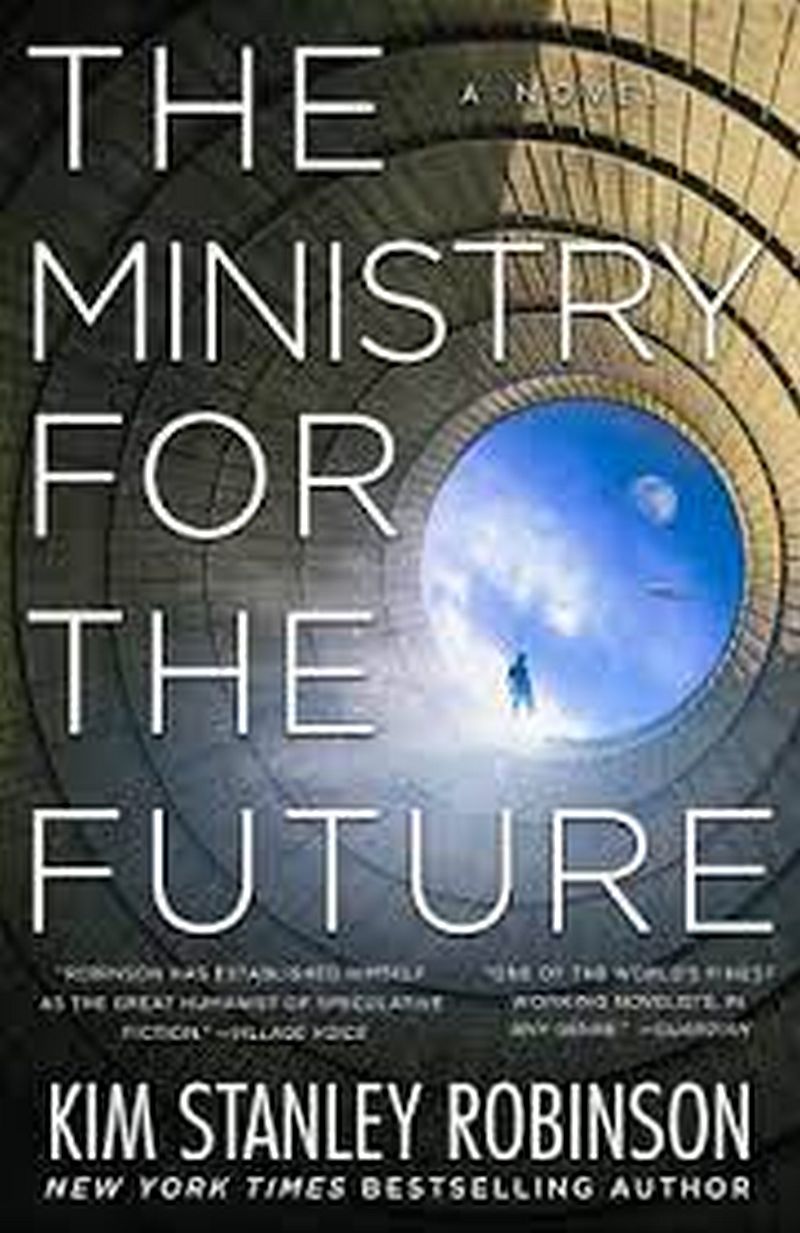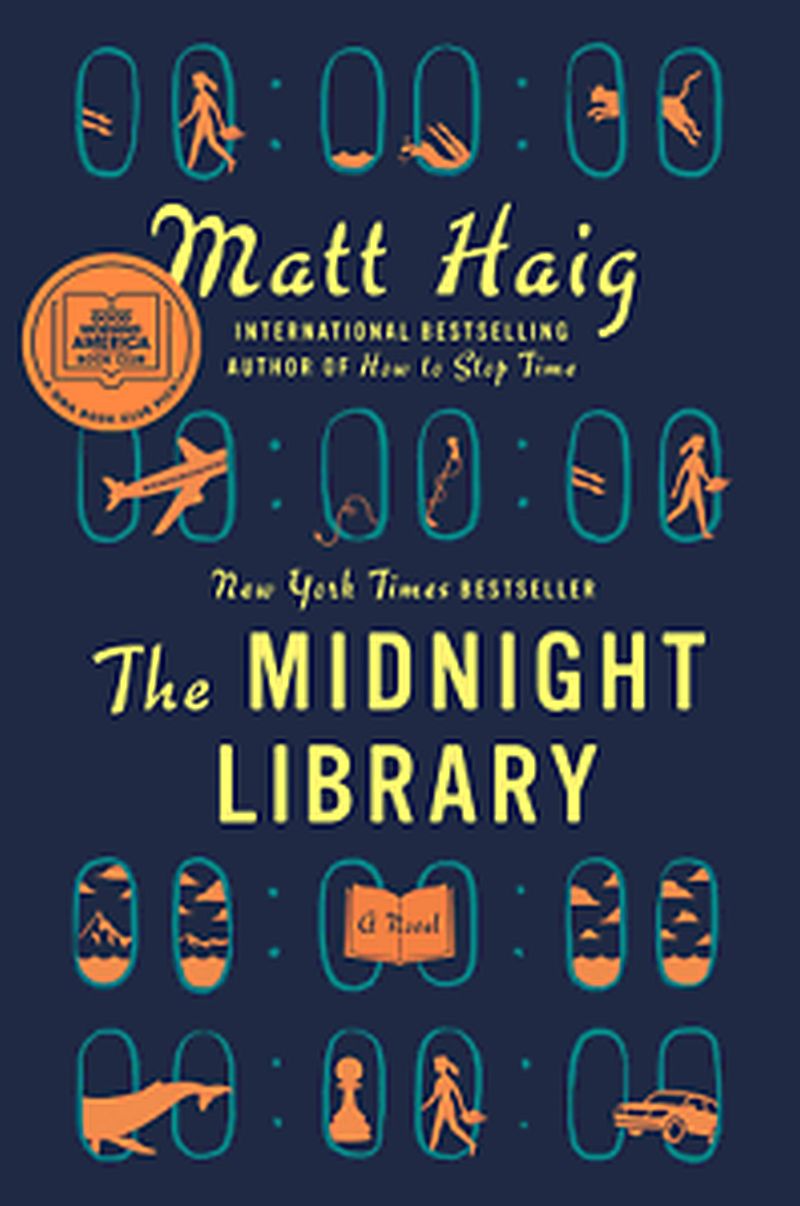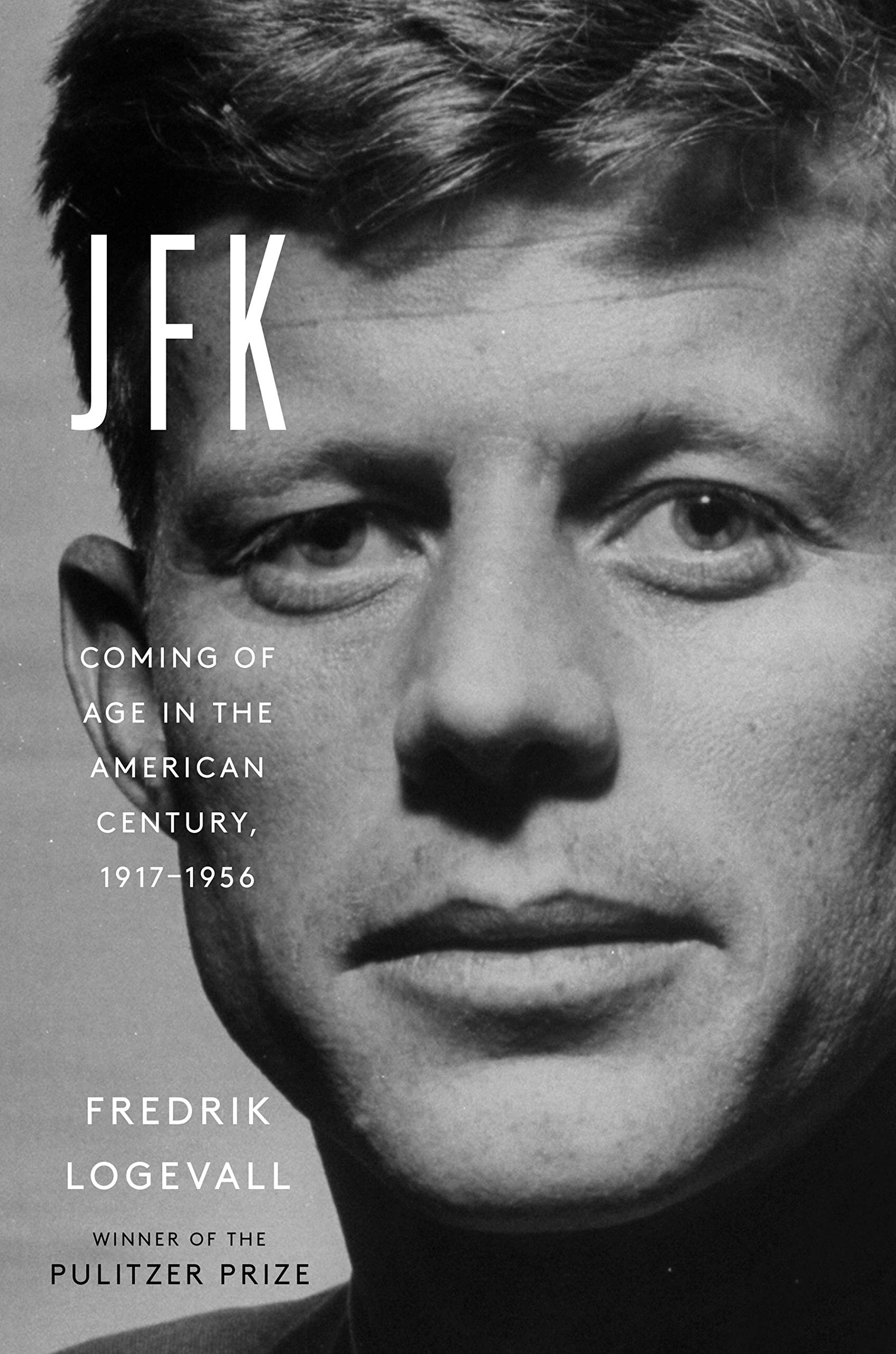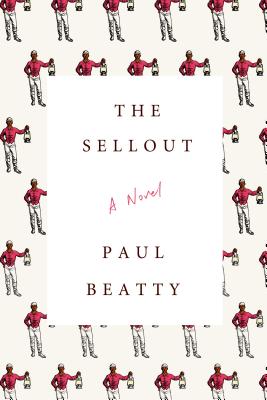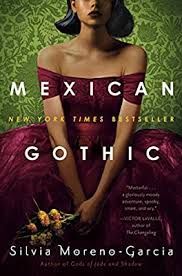Anthony Doerr
Scribner
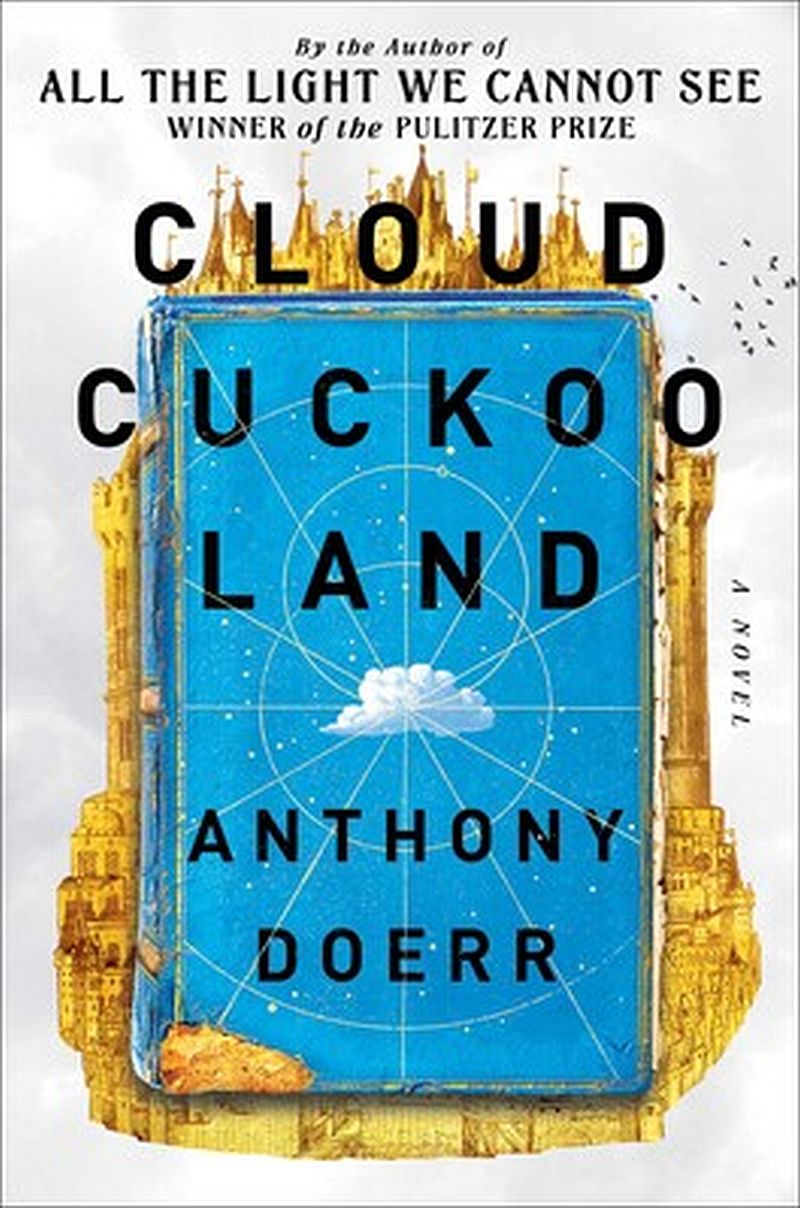
|
He should have risked more. It has taken him his whole life to accept himself, and he is surprised to understand that now that he can, he does not long for one more year, one more month: eighty-six years has been enough. In a life, you accumulate so many memories, your brain constantly winnowing through them, weighing consequence, burying pain, but somehow by the time you’re this age you still end up dragging a monumental sack of memories behind you, a burden as heavy as a continent, and eventually it becomes time to take them out of the world. from Cloud Cuckoo Land |



